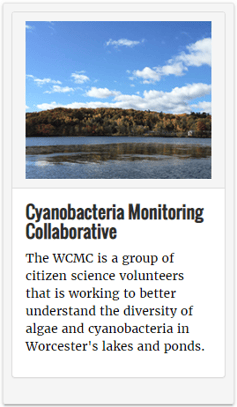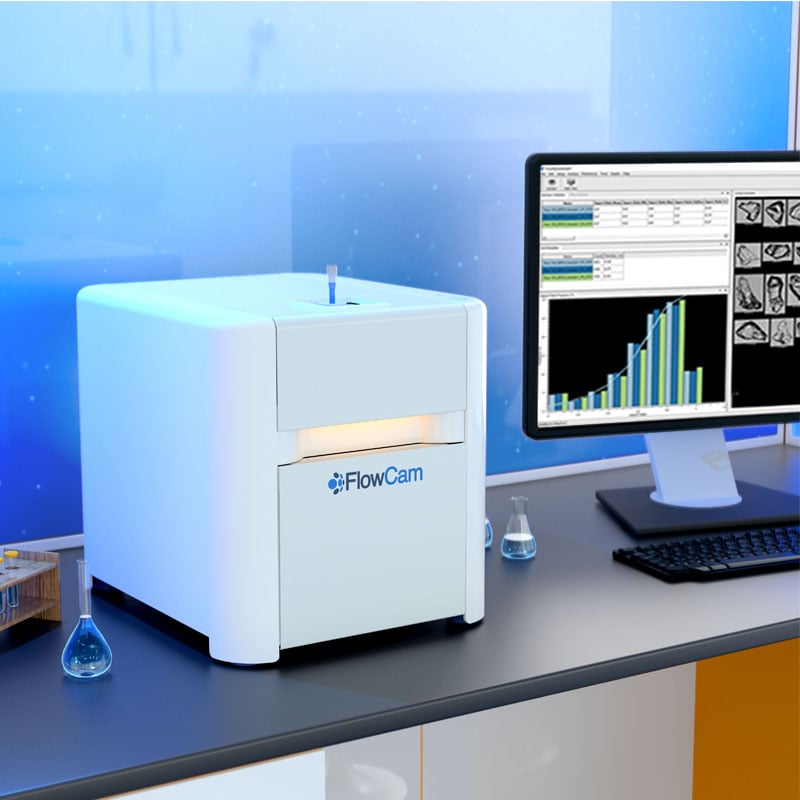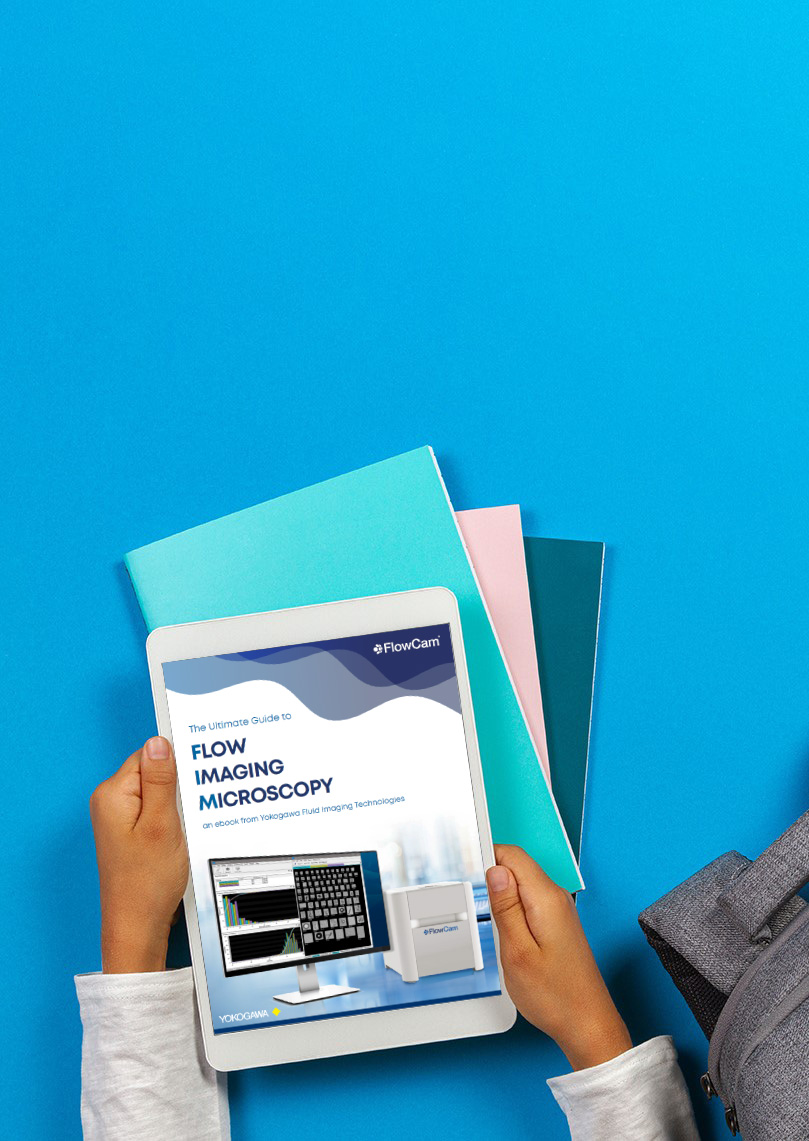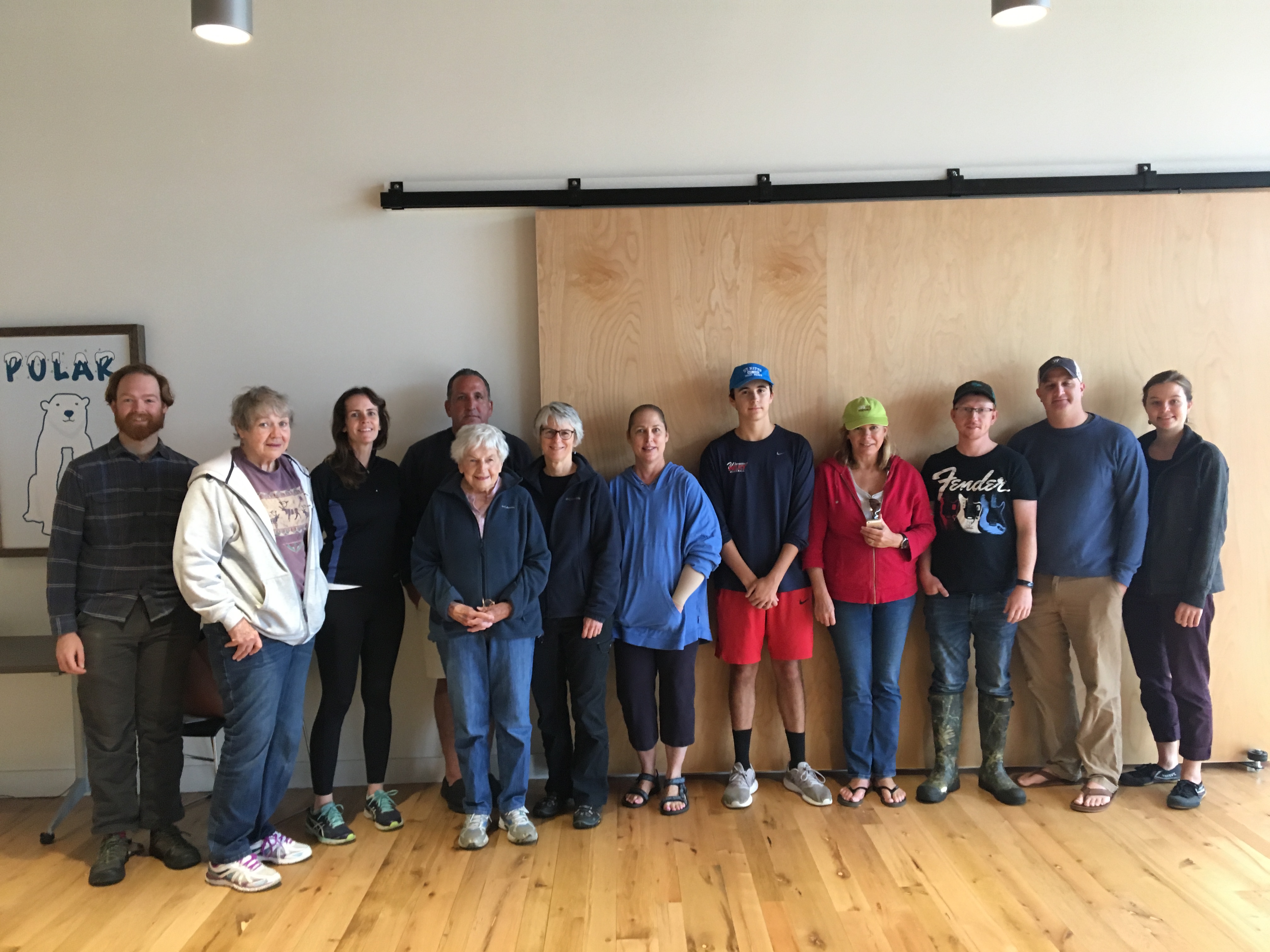 The City of Worcester, MA, has purchased a FlowCam Cyano to help expand a volunteer water quality monitoring program. The effort is led by Jacquelyn Burmeister, a senior environmental analyst with the City's Lakes & Ponds Program. She helped organize a regional cyanobacteria monitoring collaborative with several other local watershed associations, recruiting dozens of volunteers to expand cyanobacteria monitoring in the area's recreational waters.
The City of Worcester, MA, has purchased a FlowCam Cyano to help expand a volunteer water quality monitoring program. The effort is led by Jacquelyn Burmeister, a senior environmental analyst with the City's Lakes & Ponds Program. She helped organize a regional cyanobacteria monitoring collaborative with several other local watershed associations, recruiting dozens of volunteers to expand cyanobacteria monitoring in the area's recreational waters.
Image source: http://www.worcesterma.gov/water-sewer/recreational-waters
Starting in 2017, the collaborative has expanded each year, eventually outgrowing its previous cyanobacteria monitoring process that relied upon using a modified version of the CyanoScope method that was qualitative but didn't allow them to track large populations. They plan to complement this method with more quantitative FlowCam data going forward.
Jacquelyn was originally introduced to the FlowCam in 2018 by Hilary Snook from the U.S. EPA Region 1 in Chelmsford, Massachusetts. Jacquelyn applied for a grant from the Massachusetts Department of Environmental Protection to purchase the FlowCam, with matching funds from the City of Worcester.
Pictured above: Citizen Monitoring Group photo
Jacquelyn and her team will incorporate the FlowCam into a Quality Assurance Project Plan for cyanobacteria monitoring through the State of Massachusetts. Recreational water bodies (e.g., those used for swimming, fishing, and boating) are also subject to state monitoring guidelines, not just those used for drinking water. Integrating monitoring strategies for multi-use bodies of water is an important step toward creating a blueprint that other state agencies can replicate.
Interested in learning more about the FlowCam?
Download our new eBook on Flow Imaging Microscopy for Aquatic Applications.











